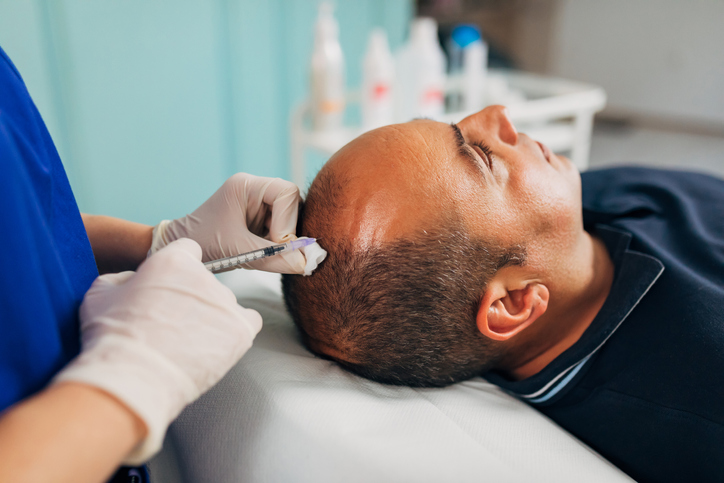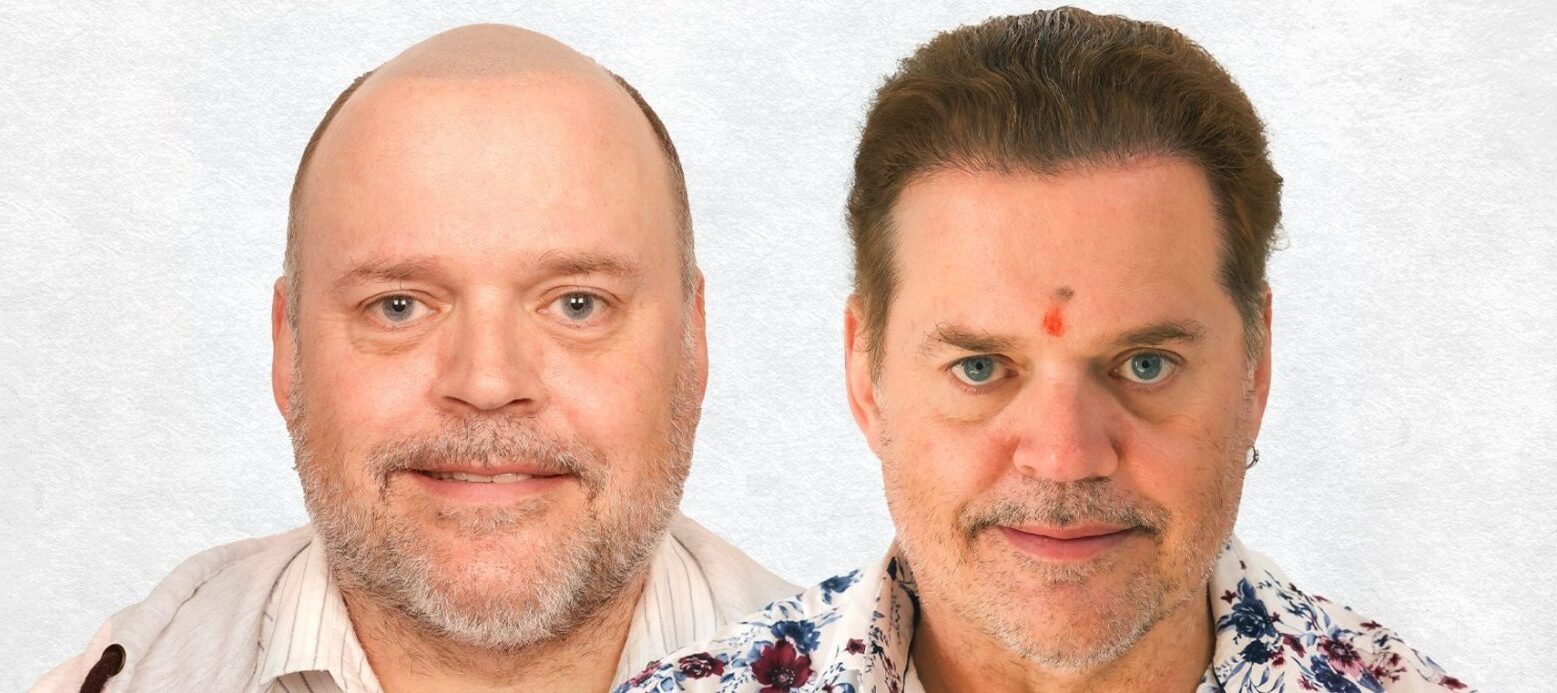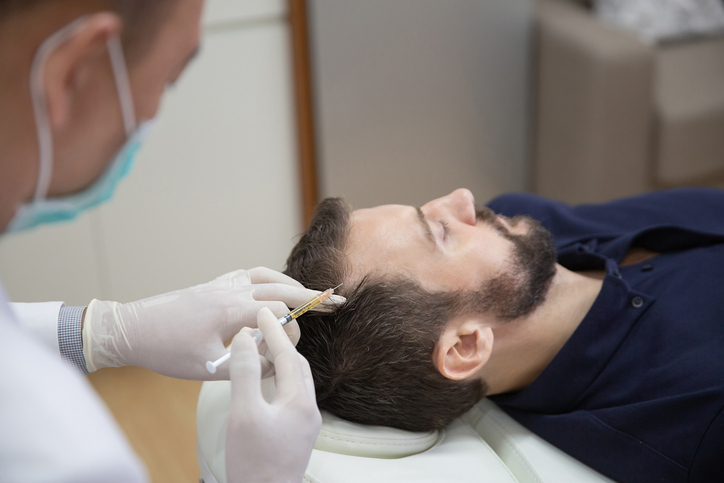Hair loss is a common condition that affects millions of people worldwide. While it may seem like a purely cosmetic concern, the psychological impact of hair loss should not be underestimated. Losing one’s hair can have a profound effect on self-esteem, body image, and overall well-being. Fortunately, hair transplants have emerged as an effective solution, providing not only physical restoration but also psychological benefits. In this article, we will explore the psychological impact of hair loss and how hair transplants can help individuals regain their confidence and improve their quality of life.
Self-esteem and Confidence:
Hair loss can significantly impact self-esteem and confidence. For many individuals, hair is closely tied to their identity and how they perceive themselves. Losing hair can lead to feelings of self-consciousness, embarrassment, and a diminished sense of self-worth. Hair transplants offer a solution by restoring the hairline and filling in thinning areas, resulting in a more youthful and natural appearance. The renewed hair growth can boost self-esteem, enhance confidence, and positively influence one’s overall self-image.
Body Image and Social Interactions:
Hair loss can affect body image, causing individuals to feel less attractive and dissatisfied with their appearance. This negative perception of oneself can influence social interactions and relationships. Hair transplants can help individuals regain a more positive body image, allowing them to feel more comfortable in their own skin. With restored hair, individuals may experience a newfound sense of attractiveness and feel more confident engaging in social activities, dating, and professional interactions.
Emotional Well-being and Quality of Life:
Hair loss can have a significant impact on emotional well-being and overall quality of life. It is not uncommon for individuals experiencing hair loss to feel depressed, anxious, or socially isolated. They may withdraw from social activities, avoid public gatherings, and limit their participation in events due to self-consciousness. Hair transplants can alleviate these emotional burdens by restoring hair and improving self-perception. The positive change in appearance can lead to improved emotional well-being, increased social interactions, and a more fulfilling life overall.
Career and Professional Advancement:
Hair loss can also affect career prospects and professional advancement. In some industries, a youthful and vibrant appearance is highly valued, and hair loss may be perceived as a sign of ageing or reduced vitality. This perception can impact job interviews, promotions, and networking opportunities. By undergoing a hair transplant, individuals can present a more youthful and energetic image, potentially enhancing their professional prospects and boosting confidence in the workplace.
Sense of Control and Empowerment:
One of the significant psychological benefits of hair transplant is the restoration of a sense of control and empowerment. Hair loss can make individuals feel helpless and at the mercy of genetics or circumstances. Opting for a hair transplant allows individuals to take proactive steps towards regaining control over their appearance and addressing their hair loss. This sense of empowerment can have a positive impact on mental well-being, leading to increased confidence, self-assurance, and a greater sense of personal agency.
Long-term Satisfaction and Emotional Investment:
Hair transplants offer a long-term solution to hair loss, unlike temporary solutions such as wigs or hairpieces. The transplanted hair is permanent and continues to grow naturally, allowing individuals to invest emotionally in their new hair. This emotional investment in their appearance can translate into increased confidence, improved self-esteem, and a higher level of satisfaction with the results. Knowing that their hair restoration is lasting can provide peace of mind and a sense of stability for individuals.
In conclusion, the psychological impact of hair loss should not be underestimated. It can have profound effects on self-esteem, body image, and overall well-being. Hair transplants offer a viable solution, providing physical restoration and addressing the psychological aspects of hair loss. By restoring hair and improving appearance, individuals can experience a boost in self-esteem, enhanced confidence, and a greater sense of well-being. If you are experiencing hair loss and its psychological effects, consulting with a qualified hair transplant surgeon can help you understand the available options and embark on a journey towards regaining your confidence and improving your quality of life.





